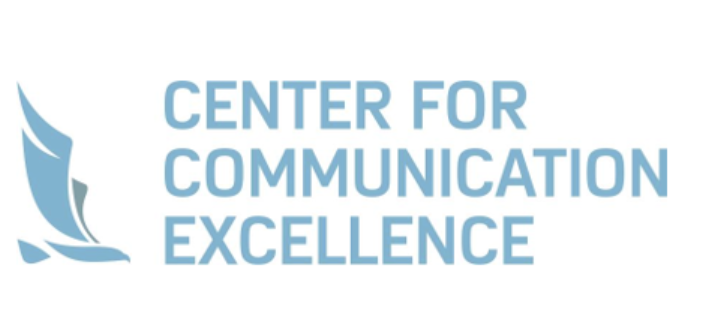Harvard Business Review Says the Best Leaders Have a Contagious Positive Energy. The most significant predictor of Success for leaders is not their charisma, influence, power, personality, attractiveness, or innovative genius. It is their Positive relational energy. This energy is the one that supersedes all factors. The energy exchanged between people helps uplift, enthuse, and renew them.
We have seen many examples of Leaders in International, National, political, economic, corporate, sports, and different regimes where each of them has made an impact through their own devised style to inspire, encourage, make a difference, and have led by example through Love, Optimism, Belief in Team, Accountability to standards, principles, values, culture and have proved what exemplary Leadership is all about.
I recently had to train a group of Leaders, and the Management was very particular that the training program should be titled “Strategically Unreasonable Leadership.” Though challenging, the topic was exciting. I remembered the Romans quote: “Mind governed by Flesh leads to Death. A mind governed by spirit leads to Life.”
If we remember, in 1996, Bobby Fischer, one of the world’s best Chess Players, proposed a rule change. The game he called Chess 960, where the black pieces were randomly mixed up, made it impossible to preplan the game. Players with 960 potential opening boards had to rely on their skills and on-the-spot thinking to win. Players had never seen such a board and had never had such an experience and started trying out new methods to innovate, and instead of just memorizing moves, they had to do much manipulation. Being used to autopilot mode, most of us are pushed into the Comfort Zone and then slide into the Lazy Zone. It’s time we start scrambling our back rows.
Thanks to Craig Groeschel, whom I have been following for some time. He says strategically unreasonable leaders can make a difference anywhere because they have a higher cause, a more profound passion, and a burning desire. They function not to add a temporary value but to make a difference that will outlast them as leaders—identifying WHAT your WHAT is the first step. How comes later?
What did British-led India need? It was Gandhiji’s WHAT question. The HOW part came later. Gandhiji was strong enough as a leader, so the HOW found its way.
Prime Minister Lee Kuan Yew was in Leadership when Singapore got its independence. He struggled to build the Country’s infrastructure, create jobs, and manufacture products. In his address, Lee Kuan Yew said he is settling on two strategies. The first was the Leap Frog strategy (an organization/company jumps ahead of its competitor’s level of performance), where the Country would attract multi-national companies into Singapore. The 2nd was to make Singapore a first-world Oasis, which meant the people in Singapore would live like first-world Citizens. Singapore was fortunate to have Lee Kuan Yew, known for his “Strategically Unreasonable Leadership.” This leadership style fulfilled momentum, speed, risk, excitement, passion, intuition, and unreasonable dreams. A learning curve drives the message that Growth and comfort never co-exist.
Leadership failure is a price that leaders and their Teams, most of the time, pay to succeed. Failure for “Strategically Unreasonable Leaders is not an option. But a Necessity. For them, it is better to fail actively rather than not try. They consider the rule that you are playing too safe if you are not failing.
We are used to thinking that more possessions, bigger budgets, more time, and additional resources determine Success. But Scott Sonenshein, in his book ‘Stretch’ explains how everyone from Executives to Entrepreneurs, parents, and athletes perform better with constraints. This is one of the remarkable qualities of “Strategically Unreasonable Leaders too- Embracing limitations. The leaders believe that regulations drive innovation because the Team embraces the existing resources and finds ways to become more creative and productive to solve problems, innovate, and fully engage in their work and lives.
I can cite an iconic example of a strategically unreasonable Leader Dabo Swinney, the American football coach. The Players loved him, and the Players also knew that Dabo loved them. Dabo held each player accountable and drove them to do their best. He said, “If you love someone, don’t let them settle for mediocrity. You are going to push them to achieve and unearth their potential. You have to challenge them. They will rise. ”
This is the Leadership model I am fascinated, talking about, and following.

